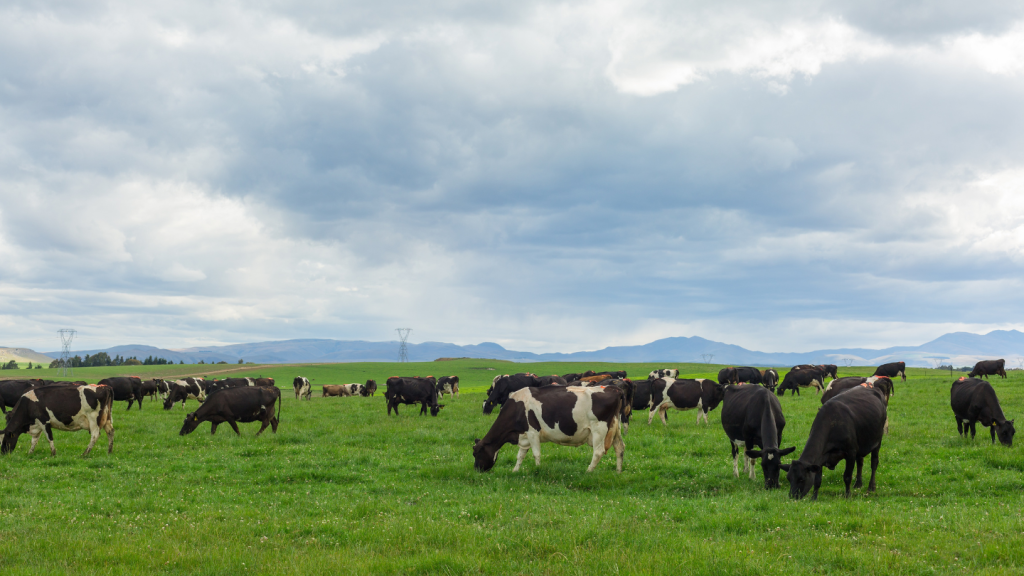A scheme in the Netherlands to compensate farmers who voluntarily close livestock sites has been approved by the European Commission.
The Netherlands argues closing livestock farms is necessary for sustainable agriculture goals.
Clearing the €700m ($777.9m) scheme, under state aid rules, the Commission said it is “necessary and appropriate to achieve the objective pursued”.
The Dutch plan is to promote a more sustainable food system, enabling a transition for livestock farmers in certain areas of the Netherlands who close their sites and help improve the quality of the environment.
It will apply to priority areas designated by the Dutch provinces, which include peatlands, sandy soils and stream valleys.
Running until 1 October 2029, the scheme will apply to small and medium-sized farmers.
For livestock farmers to be eligible for the scheme, their site’s annual nitrogen emissions must meet certain thresholds that will ensure the closure will bring about a substantially positive impact on the environment.
The aid will take the form of direct grants and subsidised advisory services. It will cover up to 100% of the eligible costs, including the compensation for the loss of production rights and capacity, the costs of dismantling and disposing of the production capacity, and other costs directly linked to the site closure.
In a statement sent to Just Food, the Commission said: “The Commission found that the scheme is necessary and appropriate to achieve the objective pursued, namely the sustainable and environmentally friendly development of livestock farming, while supporting the objectives of the European Green Deal.
“Furthermore, the Commission concluded that the scheme is proportionate, as it is limited to the minimum necessary, and will have a limited impact on competition and trade in the EU.”









